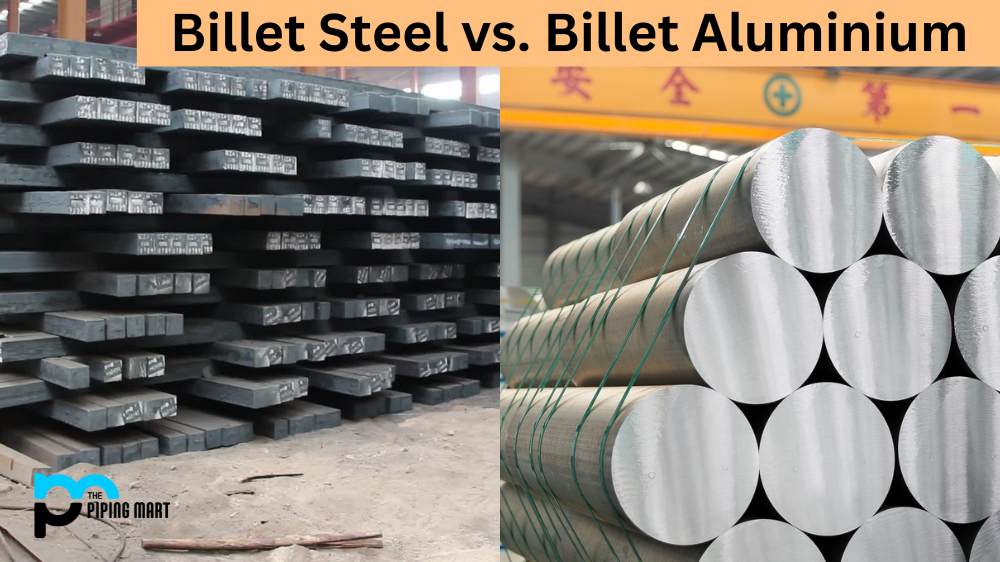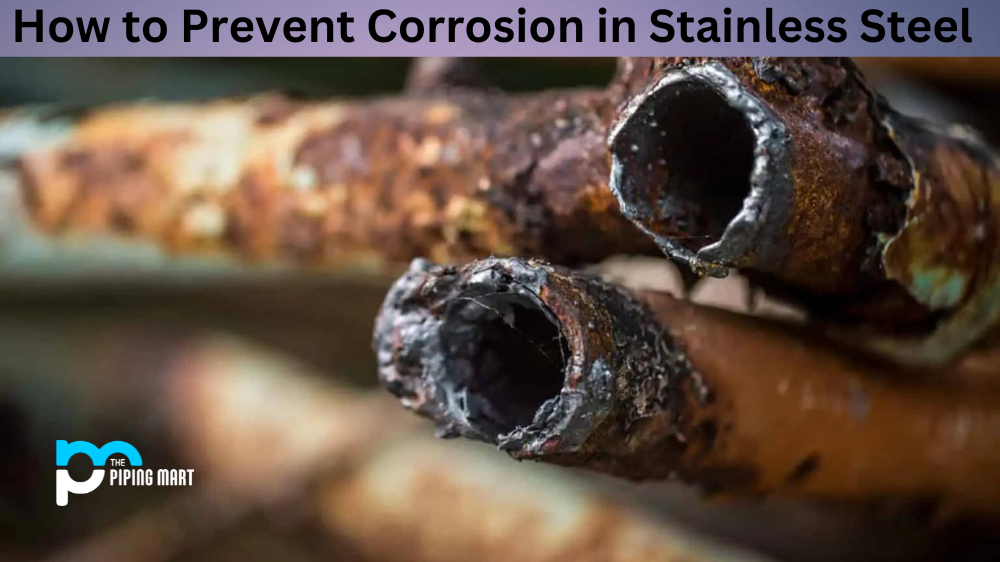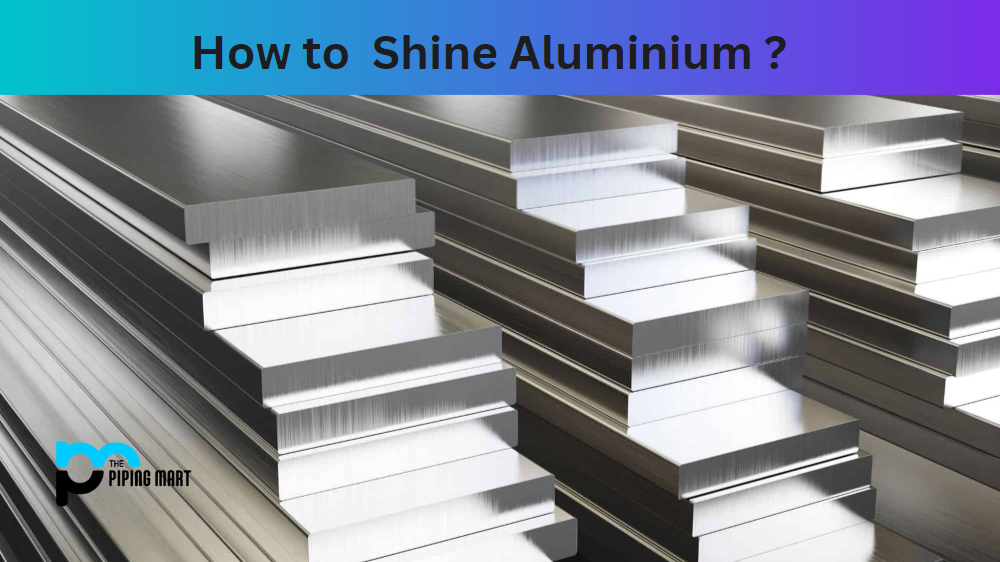When it comes to manufacturing and machining, there are a few different materials that can be used for the job. Two of the most popular materials are billet steel and billet aluminum. Both have their own advantages and disadvantages that should be taken into consideration when deciding which material to use for a particular project. Let’s take a look at how these two materials compare.
Difference Between Billet Steel and Billet Aluminium
Strength and Durability
When it comes to strength and durability, billet steel is generally the winner. It is much more resistant to wear and tear than billet aluminium, making it an excellent choice for parts that need to withstand heavy use or high-stress environments. However, this does not mean that billet aluminum is completely useless; far from it! In fact, in some cases, its lighter weight makes it a better option than steel, as it will not add extra strain to the overall structure of whatever you’re building. Additionally, while steel may be more durable overall, some types of aluminum alloys can actually be stronger than certain types of steel in specific applications.
Machinability
In terms of machinability, both billet steel and billet aluminium have their advantages. Steel is generally considered easier to machine because it has a higher hardness rating than aluminium; however, there are certain types of aluminum alloys that can be just as easy (or even easier) to work with as steel, depending on the application. Additionally, aluminum does tend to produce less heat when being machined, which can help extend tool life by reducing wear on cutting tools.
This means that in some cases—such as when producing intricate components—aluminum might actually be the preferable choice over steel due to its lower machining costs.
Cost
When comparing the cost between billet steel and billet aluminium, again, both materials have their pros and cons depending on the application at hand. Generally speaking, though, steel tends to be more expensive due to its increased strength and durability compared to aluminum; however, if you factor in the cost savings from reduced machining times, then aluminium can often come out ahead economically speaking (especially in larger scale projects). It’s important to remember, though, that each material has its own unique cost structure, so always do your research before committing yourself financially!
- Billet steel is a type of steel that is cast into a shape that is then machined or milled into a finished product.
- Billet aluminium is a type of aluminum that is cast into a shape that is then machined or milled into a finished product.
- Billet steel is stronger than billet aluminum, but billet aluminium is lighter.
- Billet steel is less expensive than billet aluminum.
- Billet steel is more difficult to work with than billet aluminium.
- Billet aluminium is more corrosion resistant than billet steel
Conclusion:
At the end of the day, there really isn’t one “right” answer when it comes to choosing between billet steel or billet aluminum for a given project – both have their own strengths and weaknesses that should be taken into consideration before making a decision as no two projects are exactly alike! That said, though, if you’re looking for something strong yet lightweight, then aluminum might be worth considering, whereas if strength is paramount, then steel might make for a better choice in many cases (although, again, this will depend on your specific application). Ultimately though, it’s up to you – just make sure you do your research first!

Abhishek is a seasoned blogger and industry expert, sharing his insights and knowledge on various topics. With his research, Abhishek offers valuable insights and tips for professionals and enthusiasts. Follow him for expert advice on the latest trends and developments in the metal industry.




